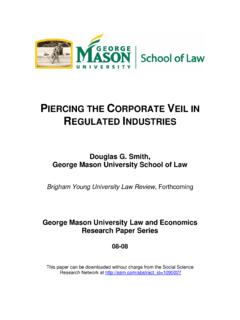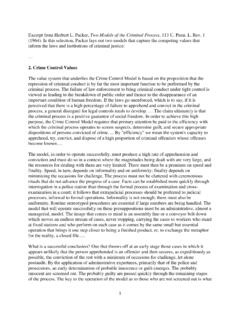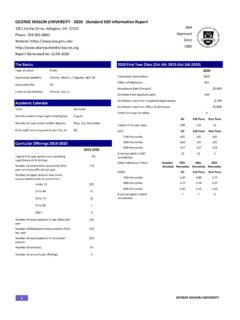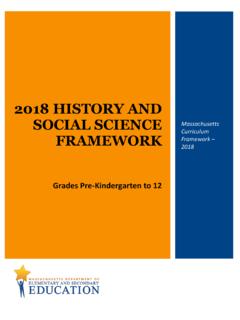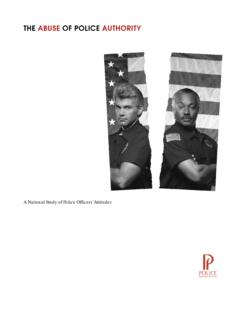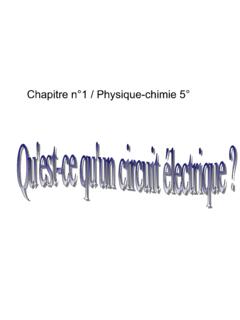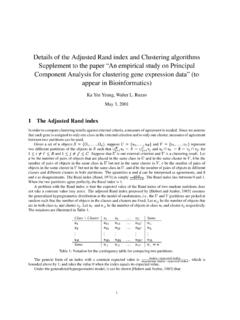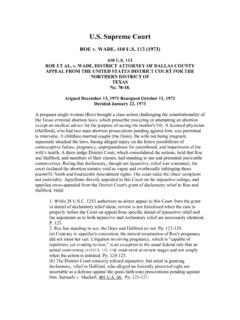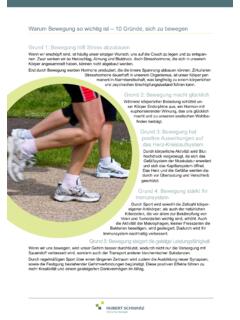Transcription of British Library treasures in full: Magna Carta - English ...
1 British Library treasures in full : Magna Carta - English translationMain The basics The document Translation Clauses marked (+) are still valid under the charter of 1225, but with a few minor amendments. Clauses marked (*) were omitted in all later reissues of the charter. In the charter itself the clauses are not numbered, and the text reads continuously. The translation sets out to convey the sense rather than the precise wording of the original Latin. JOHN, by the grace of God King of England, Lord of Ireland, Duke of Normandy and Aquitaine, and Count of Anjou, to his archbishops, bishops, abbots, earls, barons, justices, foresters, sheriffs, stewards, servants, and to all his officials and loyal subjects, Greeting.
2 KNOW THAT BEFORE GOD, for the health of our soul and those of our ancestors and heirs, to the honour of God, the exaltation of the holy Church, and the better ordering of our kingdom, at the advice of our reverend fathers Stephen, archbishop of Canterbury, primate of all England, and cardinal of the holy Roman Church, Henry archbishop of Dublin, William bishop of London, Peter bishop of Winchester, Jocelin bishop of Bath and Glastonbury, Hugh bishop of Lincoln, Walter Bishop of Worcester, William bishop of Coventry, Benedict bishop of Rochester, Master Pandulf subdeacon and member of the papal household, Brother Aymeric master of the knighthood of the Temple in England, William Marshal earl of Pembroke, William earl of Salisbury, William earl of Warren, William earl of Arundel, Alan de Galloway constable of Scotland, Warin Fitz Gerald, Peter Fitz Herbert, hubert de Burgh seneschal of Poitou, Hugh de Neville, Matthew Fitz Herbert, Thomas Basset, Alan Basset, Philip Daubeny, Robert de Roppeley, John Marshal, John Fitz Hugh, and other loyal subjects.
3 + (1) FIRST, THAT WE HAVE GRANTED TO GOD, and by this present charter have confirmed for us and our heirs in perpetuity, that the English Church shall be free, and shall have its rights undiminished, and its liberties unimpaired. That we wish this so to be observed, appears from the fact that of our own free will, before the outbreak of the present dispute between us and our barons, we granted and confirmed by charter the freedom of the Church's elections - a right reckoned to be of the greatest necessity and importance to it - and caused this to be confirmed by Pope Innocent III. This freedom we shall observe ourselves, and desire to be observed in good faith by our heirs in perpetuity.
4 TO ALL FREE MEN OF OUR KINGDOM we have also granted, for us and our heirs for ever, all the liberties written out below, to have and to keep for them and their heirs, of us and our heirs: (2) If any earl, baron, or other person that holds lands directly of the Crown, for military service, shall die, and at his death his heir shall be of full age and owe a 'relief', the heir shall have his inheritance on payment of the ancient scale of 'relief'. That is to say, the heir or heirs of an earl shall pay 100 for the entire earl's barony, the heir or heirs of a knight l00s. at most for the entire knight's 'fee', and any man that owes less shall pay less, in accordance with the ancient usage of 'fees' Introductory notes As might be expected, the text of Magna Carta of 1215 bears many traces of haste, and is clearly the product of much bargaining and many hands.
5 Most of its clauses deal with specific, and often long-standing, grievances rather than with general principles of law. Some of the grievances are self-explanatory: others can be understood only in the context of the feudal society in which they arose. Of a few clauses, the precise meaning is still a matter of argument. In feudal society, the king's barons held their lands 'in fee' (feudum) from the king, for an oath to him of loyalty and obedience, and with the obligation to provide him with a fixed number of knights whenever these were required for military service. At first the barons provided the knights by dividing their estates (of which the largest and most important were known as 'honours') into smaller parcels described as 'knights' fees', which they distributed to tenants able to serve as knights.
6 But by the time of King John it had become more convenient and usual for the obligation for service to be commuted for a cash payment known as 'scutage', and for the revenue so obtained to be used to maintain paid armies. Besides military service, feudal custom allowed the king to make certain other exactions from his barons. In times of emergency, and on such special occasions as the marriage of his eldest daughter, he could demand from them a financial levy known as an 'aid' (auxilium). When a baron died, he could demand a succession duty or relief (relevium) from the baron's heir. If there was no heir, or if the succession was disputed, the baron's lands could be forfeited or 'escheated' to the Crown.
7 If the heir was under age, the king could assume the guardianship of his estates, and enjoy all the profits from them - even to the extent of despoliation - until the heir came of age. The king had the right, if he chose, to (1 of 8) [9/27/2007 3:20:45 PM]Translation: Copyright The British Library BoardBritish Library treasures in full : Magna Carta - English translation(3) But if the heir of such a person is under age and a ward, when he comes of age he shall have his inheritance without 'relief' or fine. (4) The guardian of the land of an heir who is under age shall take from it only reasonable revenues, customary dues, and feudal services.
8 He shall do this without destruction or damage to men or property. If we have given the guardianship of the land to a sheriff, or to any person answerable to us for the revenues, and he commits destruction or damage, we will exact compensation from him, and the land shall be entrusted to two worthy and prudent men of the same 'fee', who shall be answerable to us for the revenues, or to the person to whom we have assigned them. If we have given or sold to anyone the guardianship of such land, and he causes destruction or damage, he shall lose the guardianship of it, and it shall be handed over to two worthy and prudent men of the same 'fee', who shall be similarly answerable to us.
9 (5) For so long as a guardian has guardianship of such land, he shall maintain the houses, parks, fish preserves, ponds, mills, and everything else pertaining to it, from the revenues of the land itself. When the heir comes of age, he shall restore the whole land to him, stocked with plough teams and such implements of husbandry as the season demands and the revenues from the land can reasonably bear. (6) Heirs may be given in marriage, but not to someone of lower social standing. Before a marriage takes place, it shall be' made known to the heir's next-of-kin. (7) At her husband's death, a widow may have her marriage portion and inheritance at once and without trouble.
10 She shall pay nothing for her dower, marriage portion, or any inheritance that she and her husband held jointly on the day of his death. She may remain in her husband's house for forty days after his death, and within this period her dower shall be assigned to her. (8) No widow shall be compelled to marry, so long as she wishes to remain without a husband. But she must give security that she will not marry without royal consent, if she holds her lands of the Crown, or without the consent of whatever other lord she may hold them of. (9) Neither we nor our officials will seize any land or rent in payment of a debt, so long as the debtor has movable goods sufficient to discharge the debt.
